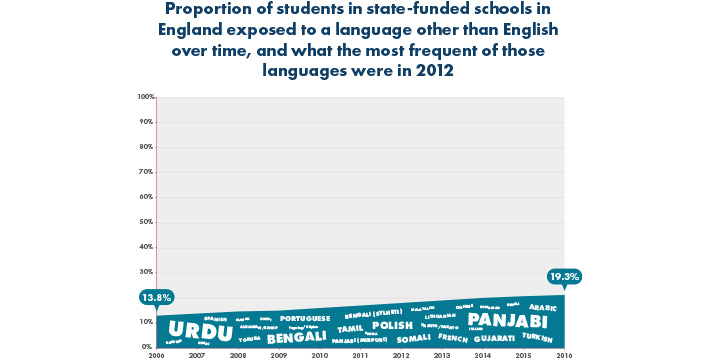23 December 2019

What does research tell us about supporting EAL students in mathematics classrooms?
- Institutions recognising the heterogeneity of EAL learners will understand the impact this may have on their needs
- Language development in mathematics may take several years to develop from proficiency in conversational English
- EAL students may have difficulties with word problems at text, sentence and word level, symbols representing multiple concepts, and mathematical terms with meanings different from their everyday use
- Measuring and assessing EAL students’ mathematical ability may be confounded by their ability to speak, read and understand the language in which the mathematics is presented
- Assessments that avoid culture-specific language and minimise complex details that are irrelevant to questions test knowledge of mathematics, rather than informal language
- EAL students in maths may benefit from: glossaries and diagrams; consistent vocabulary when introducing new concepts; focus on their mathematical practices rather than inaccuracies in words
- It is suggested that teachers consider students’ home and informal language as assets in moving towards more formal mathematical language
View EspressoView References